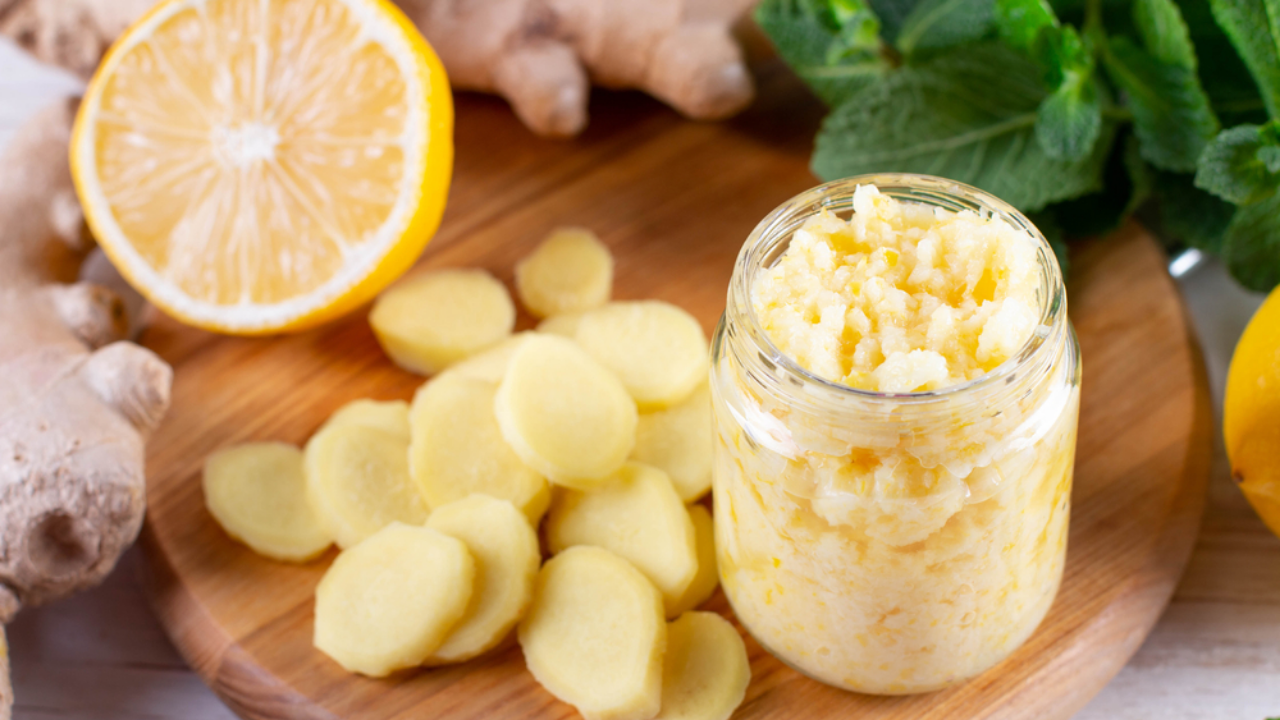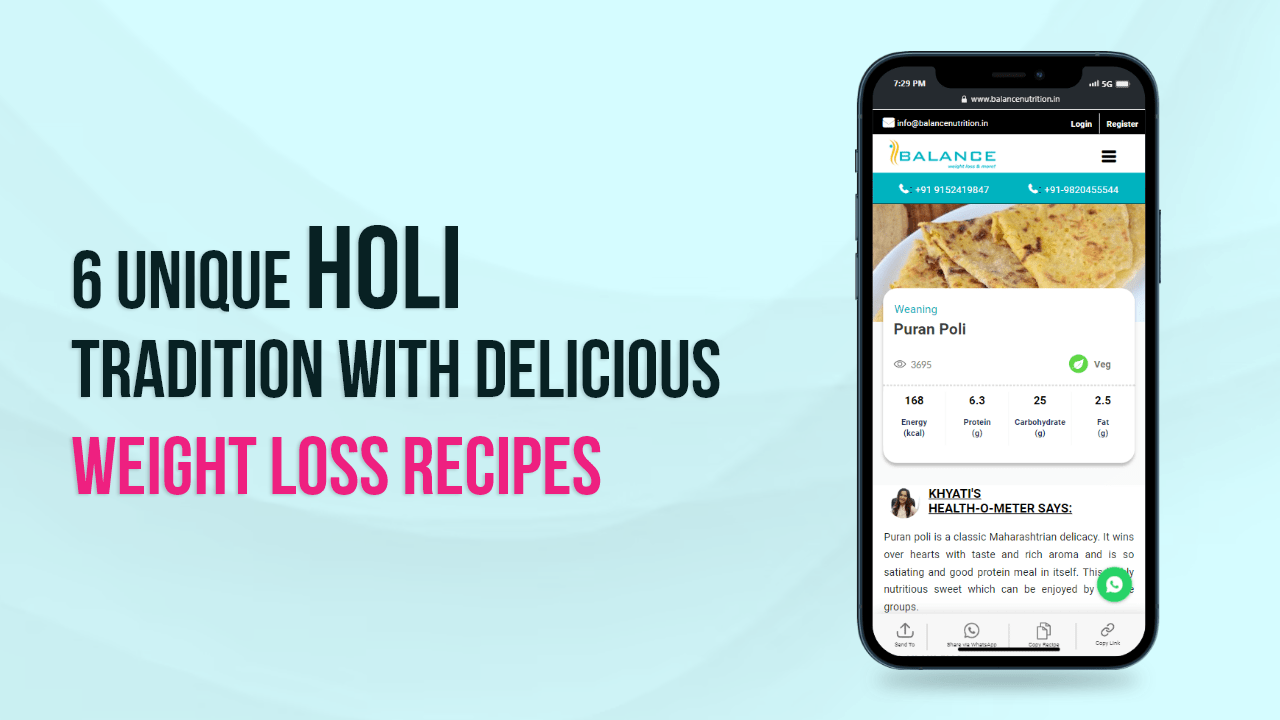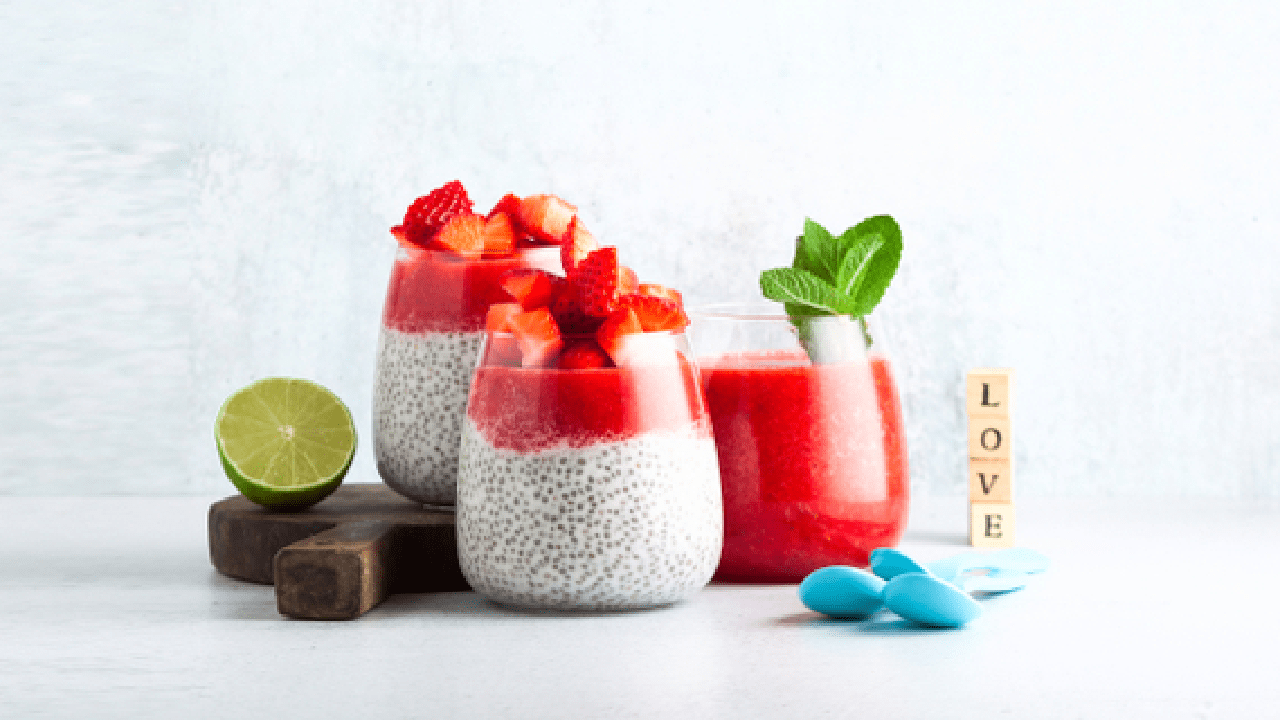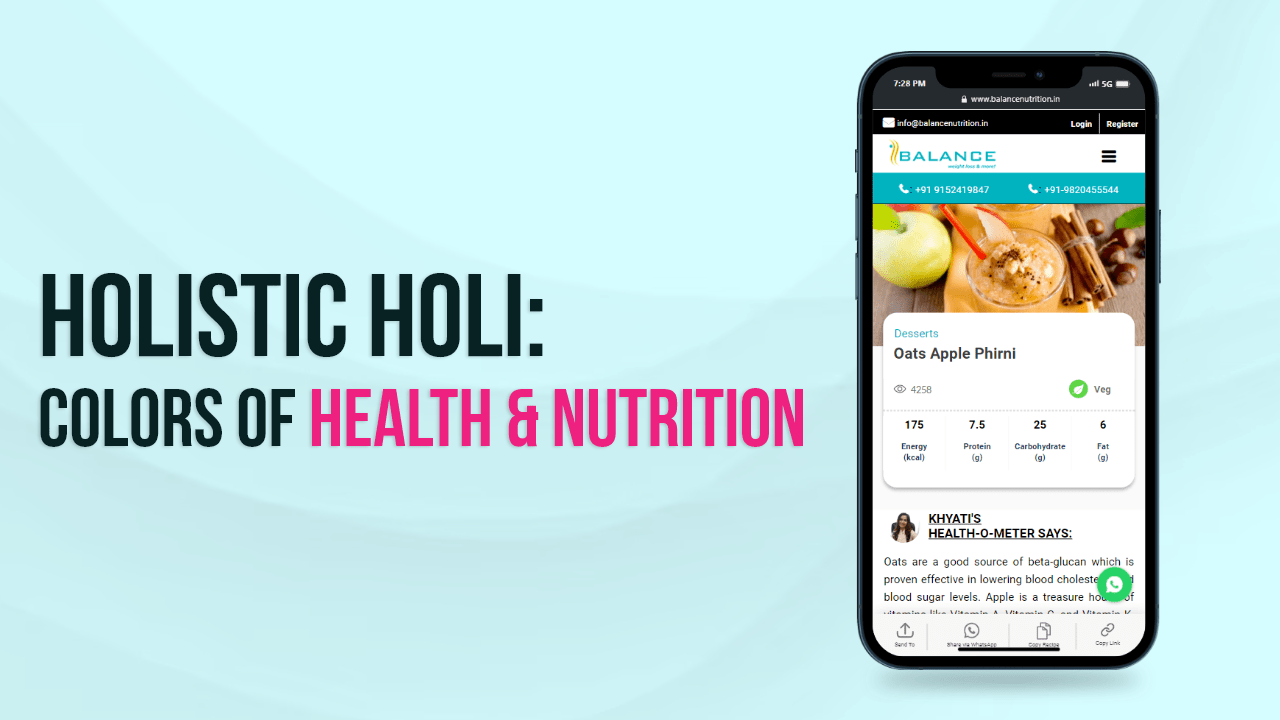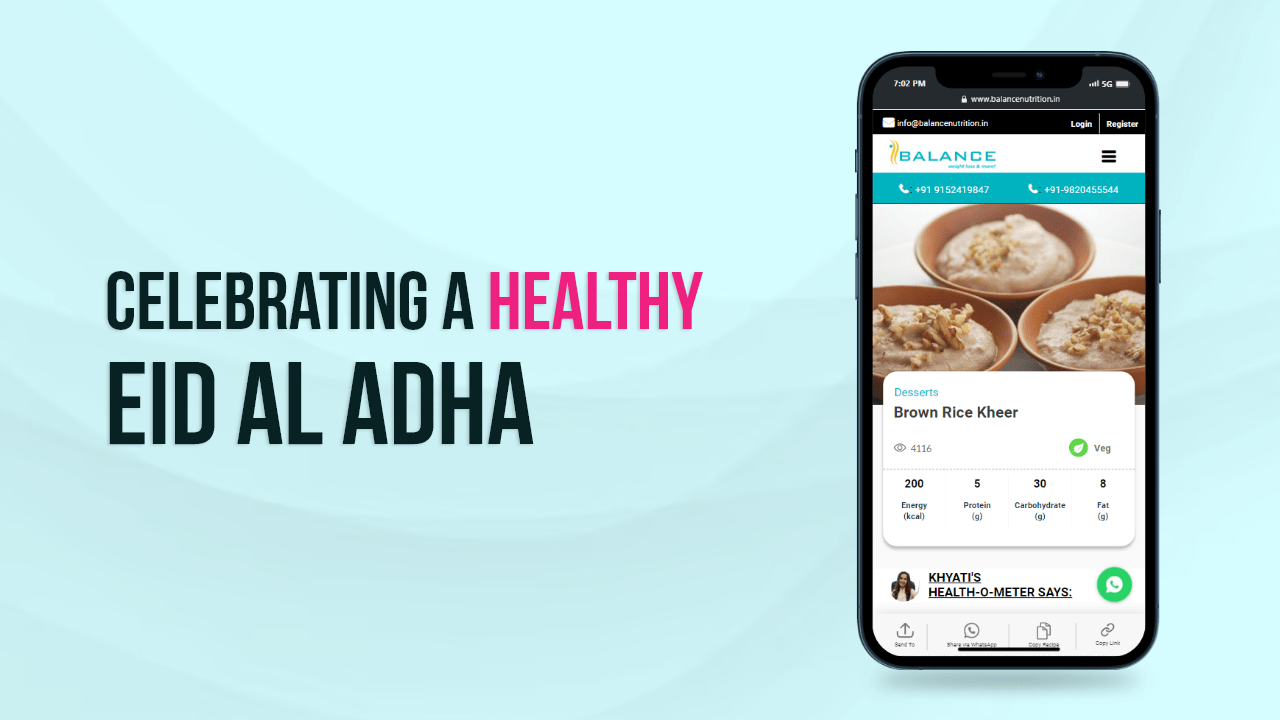
Eid ul Adha, also prominently known as the festival of sacrifice ('Id al-Qurban or 'Id al-Kabir) marks the completion of Hajj (pilgrimage)rites at Mina, Saudi Arabia.The majestic feast of mutton that is served on this day holds a historic symbolization. This tale of Sacrifice started from a historic event of distant time, when Prophet Ibrahim(Abraham) had a dream vision where Allah comm&ed him to sacrifice his son, Ismail. But, the moment he was about to sacrifice his son, God intervened by sending the Angel Gabriel with a huge ram.a
The devil tried to persuade Ibrahim to disobey Allah
nd not to sacrifice his beloved son, but Ibrahim stayed absolutely obedient to Allah. Gabriel informed Abraham that his dream vision was fulfilled & instructed him to sacrifice the ram instead of his son Ismail.
Hence Eid al-Adha is a celebration of this perfect example of submission to Allah, which is the cornerstone of the Islamic faith.
On Eid al-Adha, Muslims all across the world offer prayer & sacrifice either a sheep or goat & distribute the meat amongst themselves, the poor & deprived people, relatives & neighbors.
But how can one ignore the meaty goodness on the auspicious occasion of Eid. It is that time of the year when an elaborate feast is laid down & mouthwatering delicacies are cooked with the meat of the sacrificed goat or sheep & are relished by one & all.
The Eid-Ul-Adha menu includes Mutton Biryani, Mutton Kheema, Mutton Kofta, Mutton Kaleji, Reshmi Kebab, Shami Kebab, Beef Korma, Chaap Fry, Beef Nihari, Raan Masaledar. Sounds mouthwatering…, right!!!
But what about the calories that you shall gain in the process of consuming Eid-Ul-Adha food items, …no worries..here are some tips which would not only help you in maintaining your weight but would also keep you healthy.
-
DURING EID, BEWARE OF THE FOLLOWING…
-
Go slow on the consumption of highly fried food items such as fried mutton, fried liver, fried kebabs, instead go for baked or grilled items.
- Refrain from consuming thick, creamy & oily gravies, instead opt for those which are low in oil & which do not contain fresh cream, cashew nuts, coconut & ghee.
-
INDULGE IN…
-
Always include a bowl of salad (no creamy dressings) & curd in the form of raita or buttermilk in your lunch & dinner.
-
Don't forget your fruits as they are your best friends & are also high in fiber & will keep you full for longer periods.
-
We all love our sweets (Kheer, Shirkurma & Sevaiyan) but moderation is the key, have these in a limit & remember not to go overboard. Instead, serve fruit custard & dates kheer.
-
TIPS TO BE FOLLOWED POST EID!
Now is the time when the guilt comes in & you want to undo the heavy meal & the wrong foods that you have had.
-
Firstly, avoid packaged & ready to eat foods which include biscuits, wafers, ice cream, instant soups, chips, aerated beverages etc. Instead, opt for a bowl of fruits, dry khakras, clear soups, salad sticks with a dip like hummus & smoothies (low fat).
-
Make sure that you maintain portion sizes & do not go overboard.
-
Include green tea, infused water, lime, mint, chamomile tea in your day to day routine & do not forget your supplements.
-
Remember to eat fresh, easy to digest, light home cooked meals like moong dal khichdi, plain brown rice & dal, sauteed & stir fry veggies, salads & clear soups



